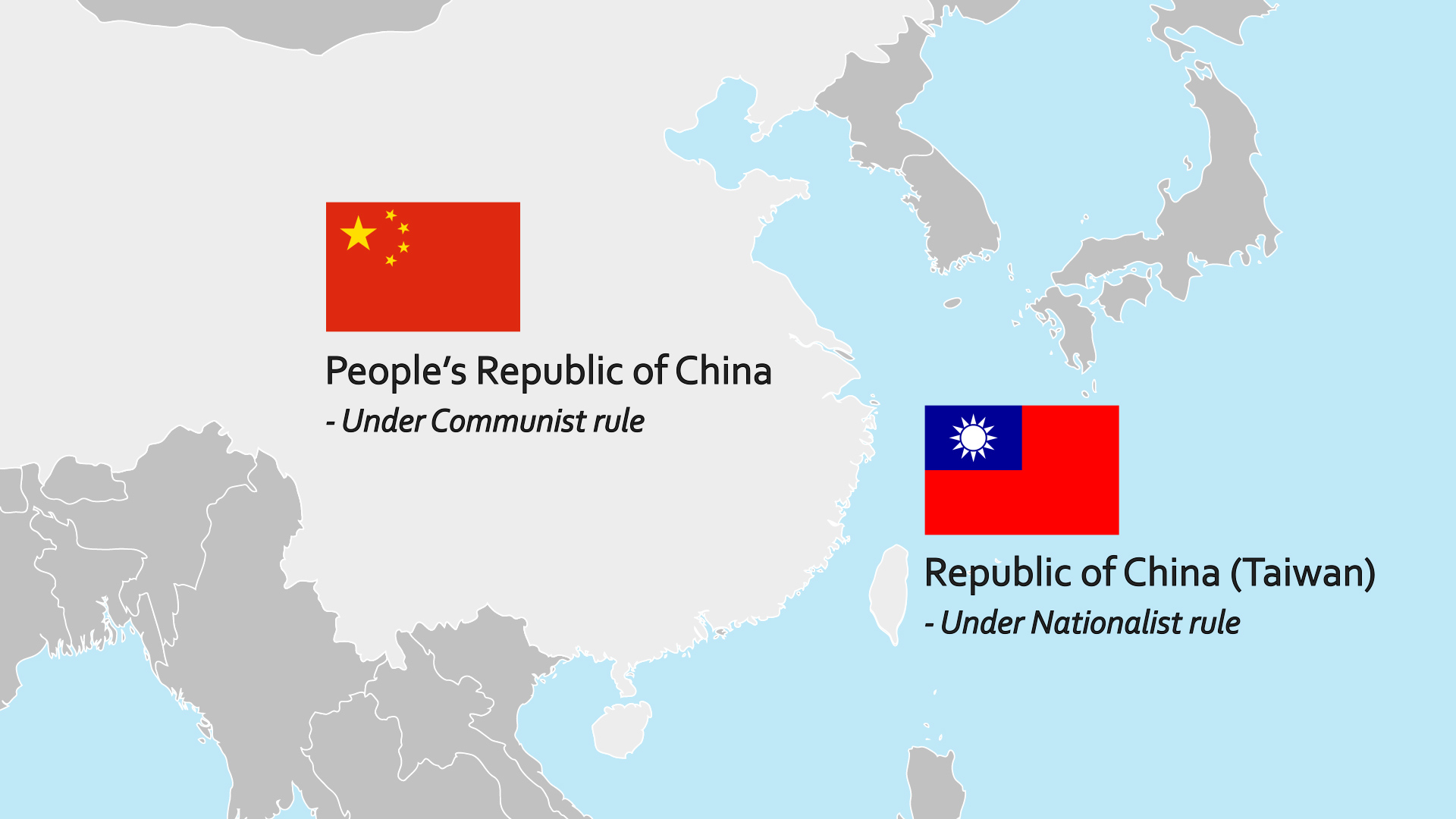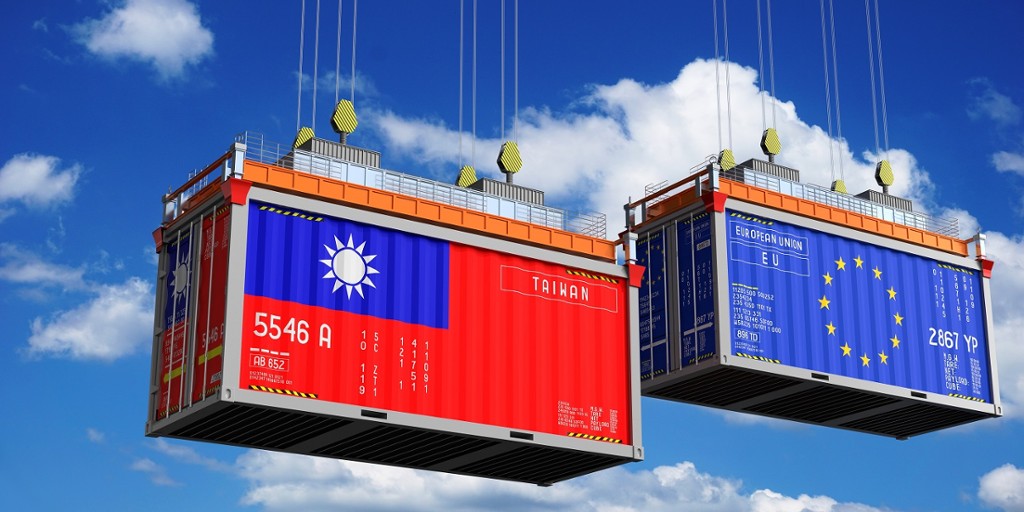by Martin Haffner Associate editor
Title: ‘Act Prudently’: China Slams EU Parliament Over Taiwan Resolution, Warns of Red Lines
In a significant escalation of diplomatic tensions, China has issued a strong rebuke to the European Union Parliament following its recent resolution concerning Taiwan. This resolution, which advocates for increased support for Taiwan amid growing concerns over Beijing’s assertiveness, has been met with pointed warnings from Chinese officials who emphasize the need for prudence in international relations.
The Context of the Resolution
The European Parliament’s resolution, passed with overwhelming support, reflects a broader apprehension within Europe regarding China’s territorial ambitions. The text expresses solidarity with Taiwan and advocates for deeper economic and political ties between the EU and the self-governing island, which China considers a breakaway province. The EU Parliament’s move comes in the wake of heightened military activity in the Taiwan Strait, where China has increased its military exercises near Taiwan, signaling potential aggression.
China’s Response
In reaction to the resolution, Chinese officials have called on EU lawmakers to “act prudently” and refrain from actions that could exacerbate tensions in the region. Foreign Ministry spokesperson Wang Wenbin stated that such resolutions undermine the one-China policy and provoke confrontations that may have serious repercussions. Wang’s remarks highlight China’s unyielding stance on Taiwan, asserting that any moves toward Taiwanese independence are viewed as crossing a critical “red line.”
The warning is not an isolated incident but part of a broader pattern in which China has sought to assert its territorial claims aggressively. Recent statements from Beijing have suggested that any perceived support for Taiwan from foreign governments will be met with stern reactions, potentially complicating diplomatic relations between China and the EU.
The EU’s Dilemma
The situation places the EU in a challenging position, balancing its commitment to democratic values and self-determination with the necessity of engaging with one of the world’s largest economies. As many European nations are increasingly wary of China’s influence in global affairs, the call for solidarity with Taiwan has gained traction. However, the EU is also keenly aware of its economic ties to China, raising questions about how far it can go in support of Taiwan without risking retaliation.
The Broader Implications
The standoff over Taiwan is not only a regional issue but also a key element of international relations. The geopolitics surrounding Taiwan affect global supply chains, particularly in the technology sector, where Taiwan is a crucial player in semiconductor manufacturing. Any military confrontation over Taiwan could have far-reaching consequences for the global economy and stability.
As discussions about a “new cold war” intensify, China’s stern warning to the European Parliament underscores the fragility of diplomatic relations in today’s multipolar world. The EU must navigate these waters carefully, as aligning more closely with Taiwan could provoke a backlash from China, potentially leading to economic and diplomatic repercussions.
China’s sharp condemnation of the European Parliament’s Taiwan resolution is a stark reminder of the complexities surrounding Taiwan’s status and the broader implications for international relations. As both sides dig in on their positions, the world will continue to watch closely for signs of escalation or, conversely, opportunities for dialogue. The call for prudence from China serves as a crucial signal to the EU and the international community to tread carefully in these turbulent waters, where the stakes are high and the potential for miscalculation is ever-present.



